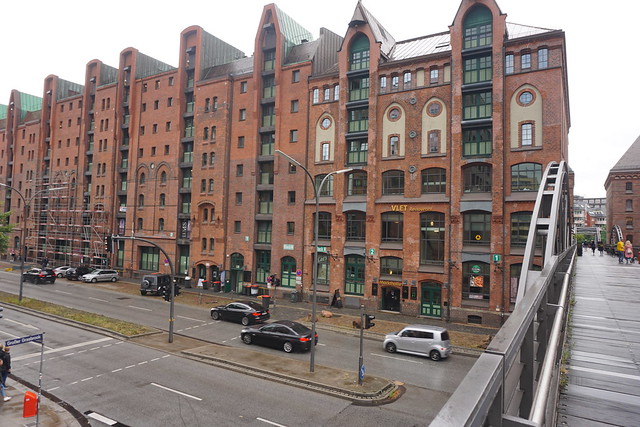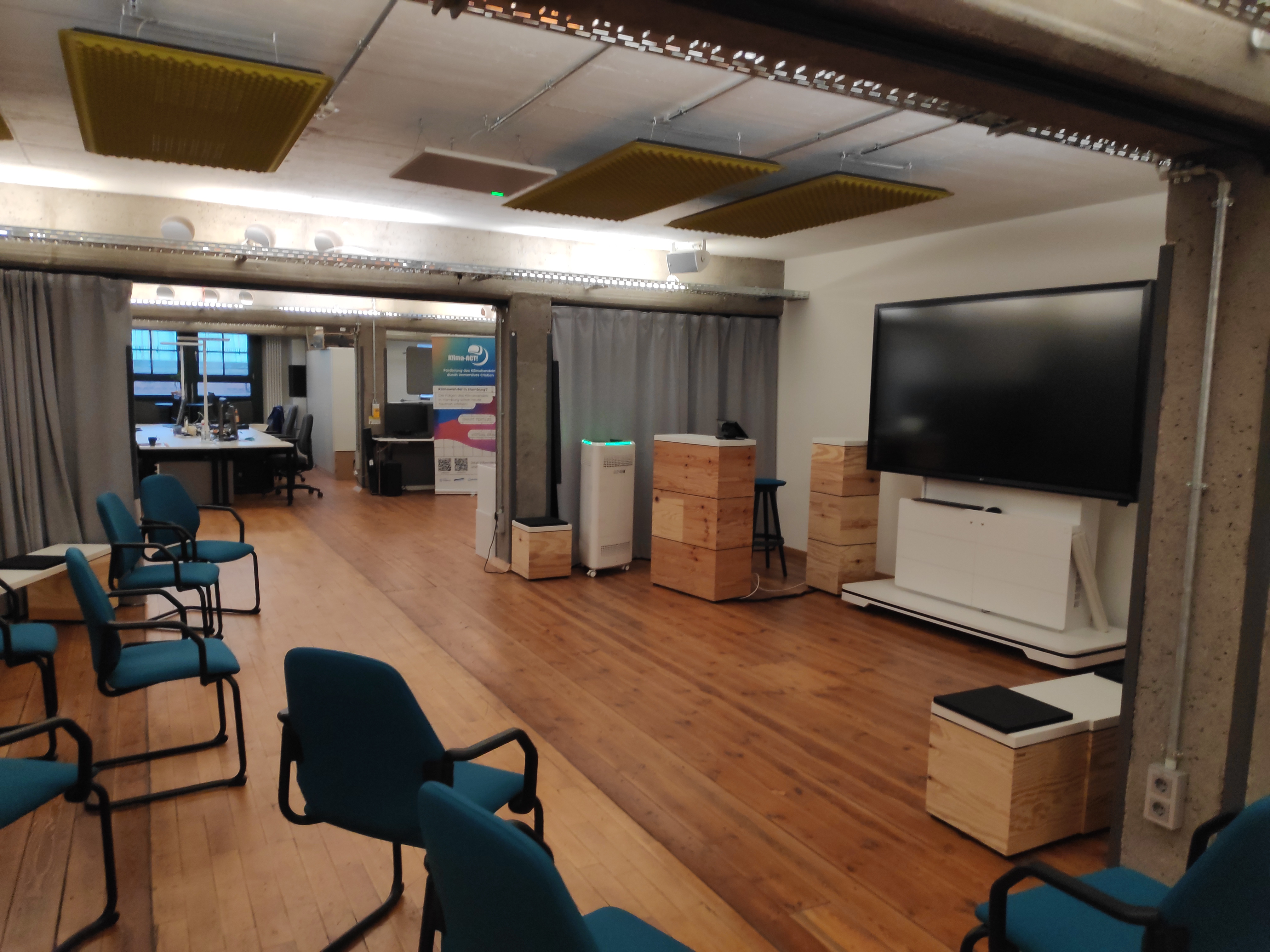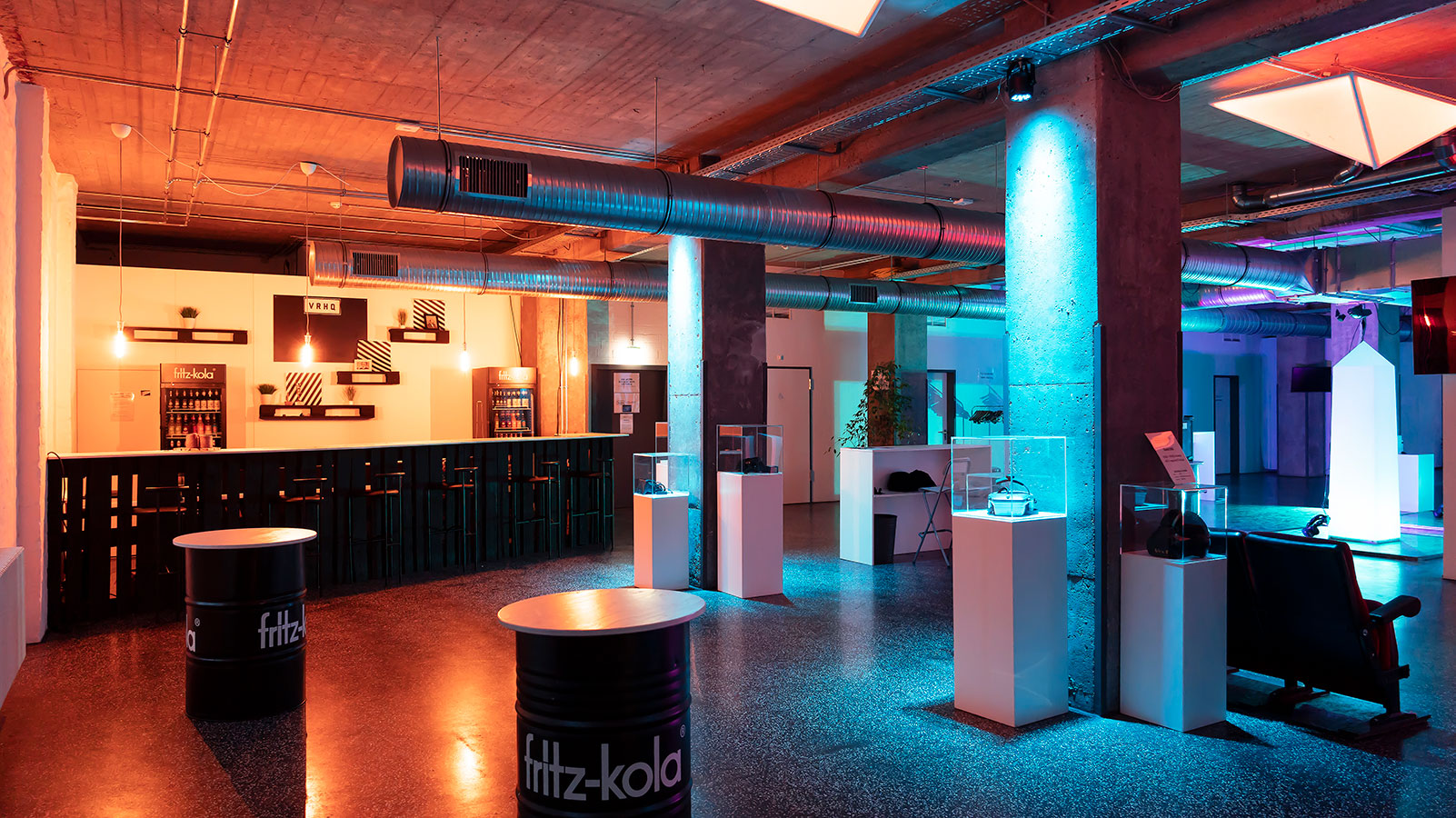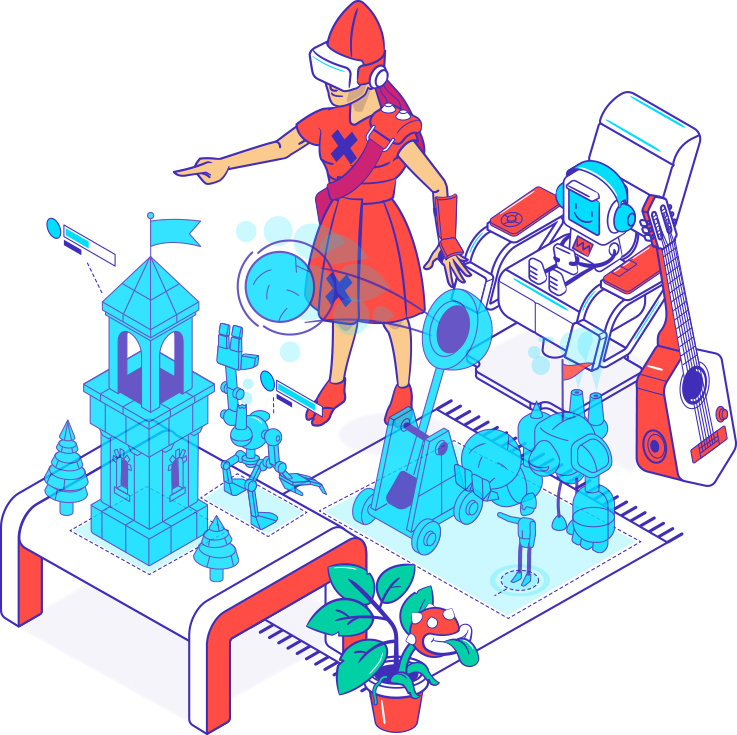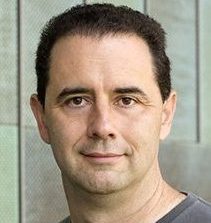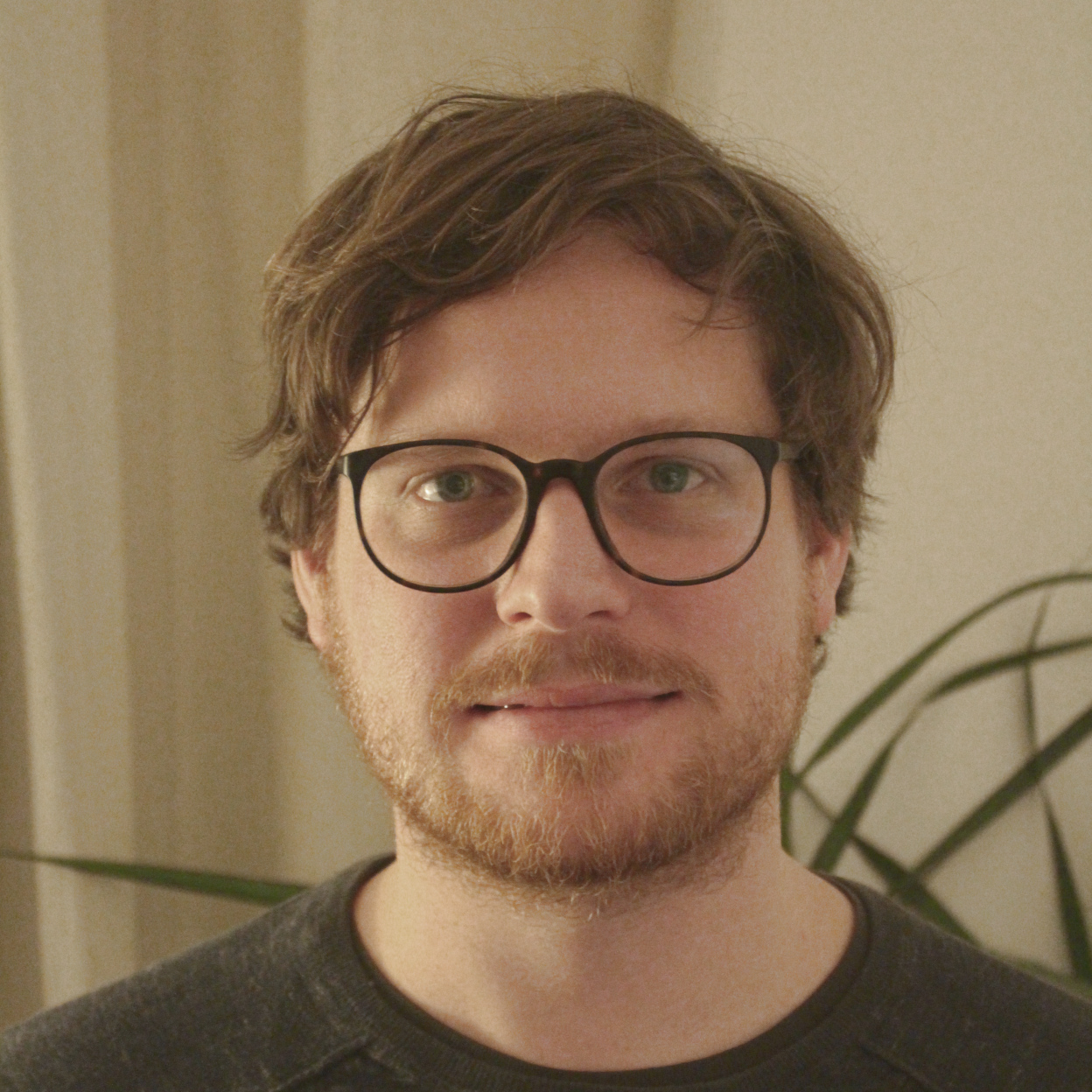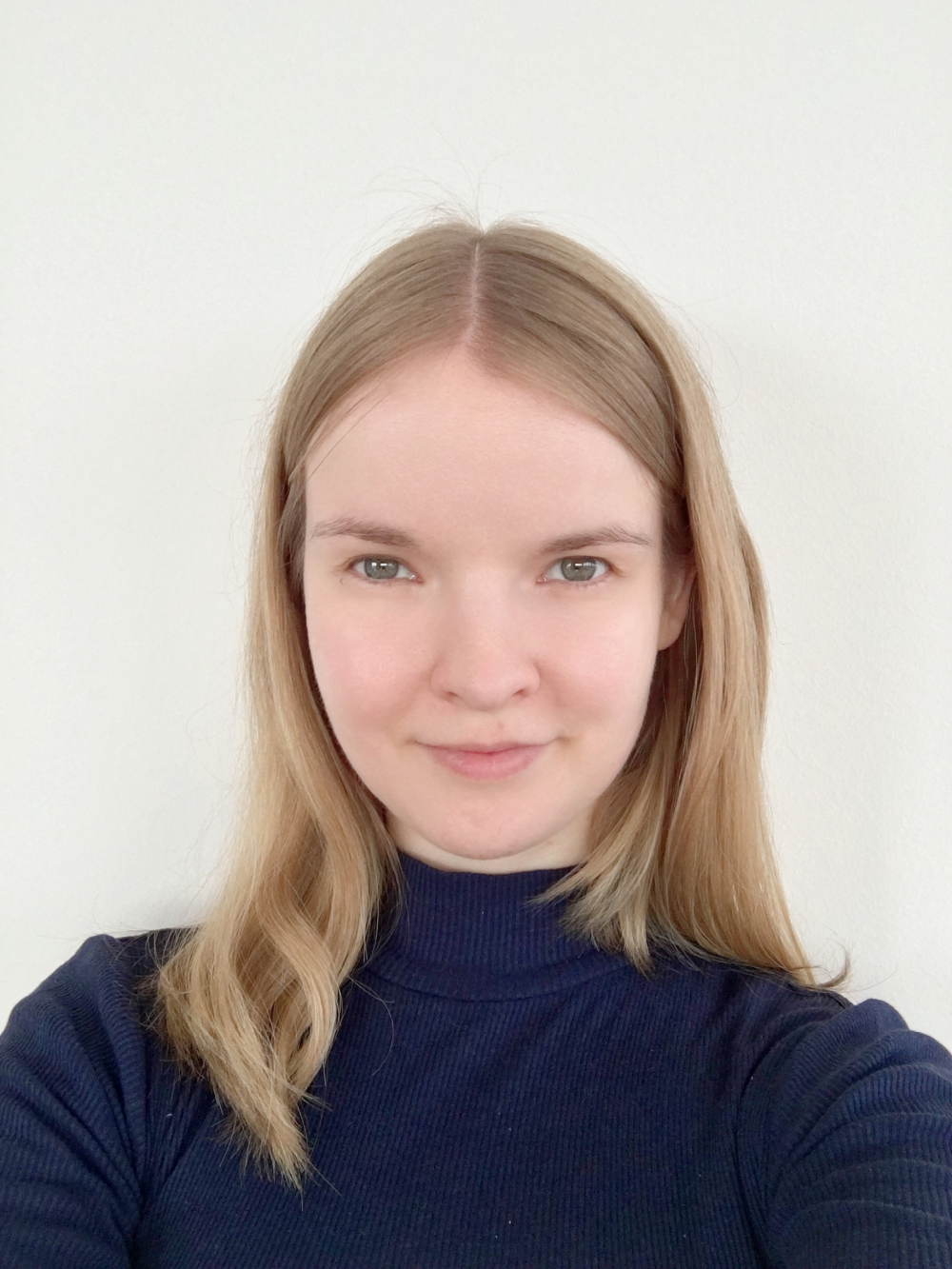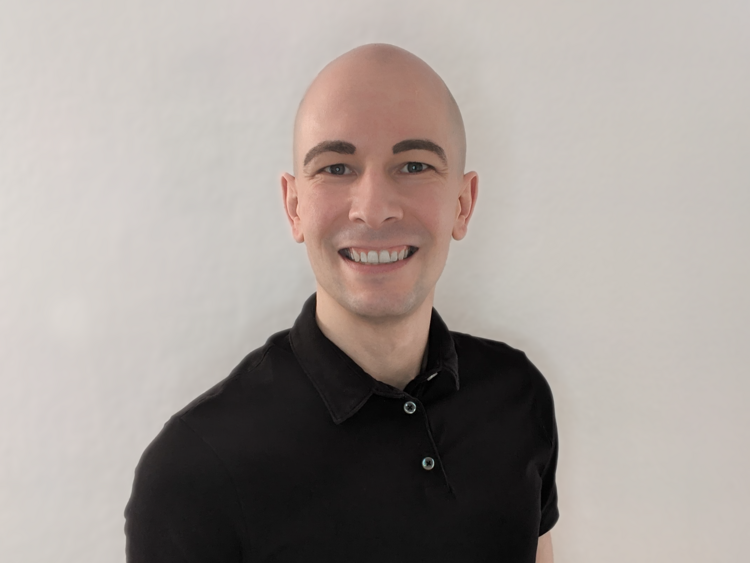Partner
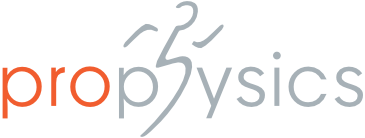

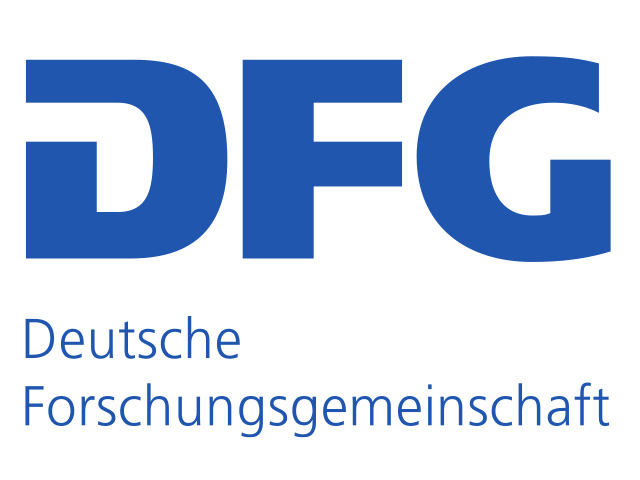
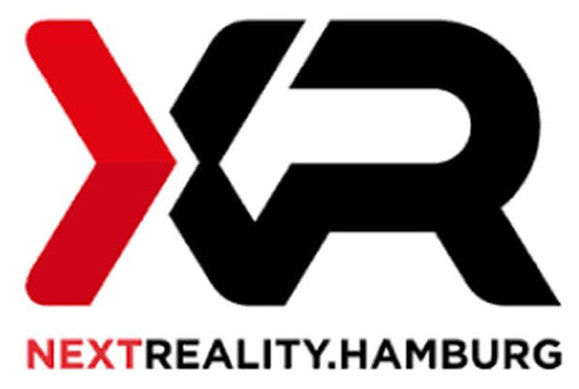

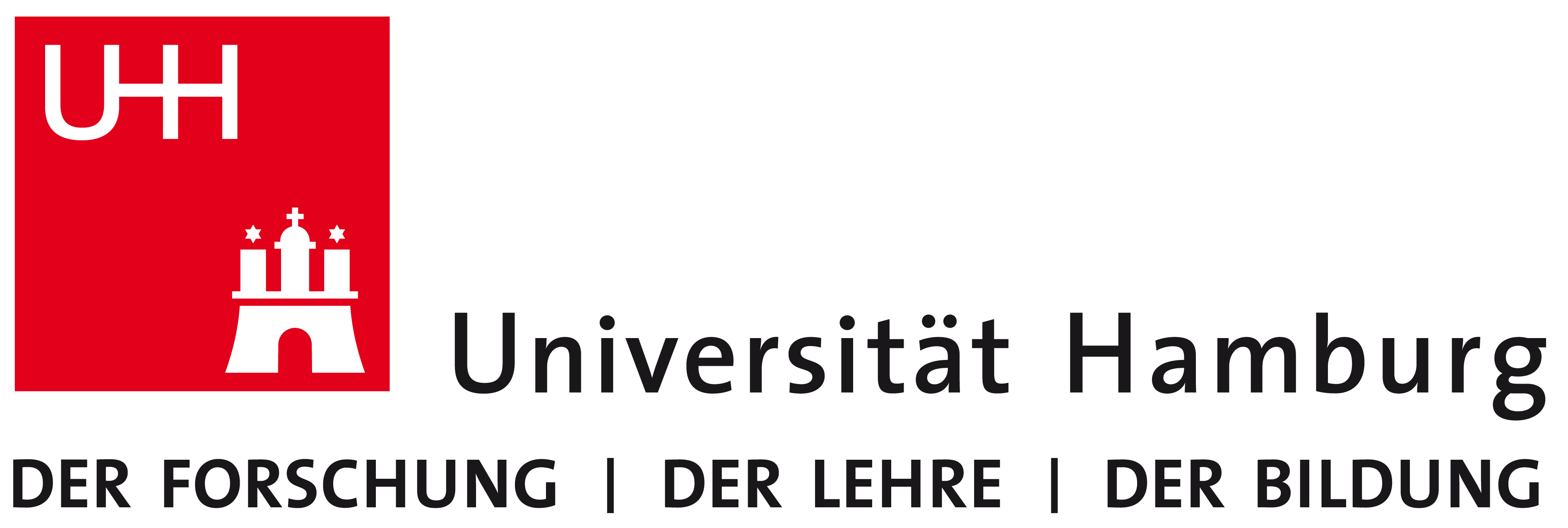

Program
Keynotes
Virtual Social Interaction by Sylvia Xueni Pan
Prof Sylvia Pan is a Professor of Virtual Reality at Goldsmiths, University of London. She co-leads the SeeVR research lab including 10 academics and researchers. She holds a PhD in Virtual Reality, and an MSc in Computer Graphics, both from UCL, and a BEng in Computer Science from Beihang University, Beijing, China. Her research interest is the use of Virtual Reality as a medium for real-time social interaction, in particular in the application areas of medical training and therapy. Her work in social anxiety in VR and moral decisions in VR has been featured multiple times in the media, including BBC Horizon, the New Scientist magazine, and the Wall Street Journal. Her 2017 Coursera VR specialisation attracted over 100,000 learners globally, and she co-leads on the MA/MSc in Virtual and Augmented Reality at Goldsmiths Computing.
Prof Sylvia Pan is a Professor of Virtual Reality at Goldsmiths, University of London. She co-leads the SeeVR research lab including 10 academics and researchers. She holds a PhD in Virtual Reality, and an MSc in Computer Graphics, both from UCL, and a BEng in Computer Science from Beihang University, Beijing, China. Her research interest is the use of Virtual Reality as a medium for real-time social interaction, in particular in the application areas of medical training and therapy. Her work in social anxiety in VR and moral decisions in VR has been featured multiple times in the media, including BBC Horizon, the New Scientist magazine, and the Wall Street Journal. Her 2017 Coursera VR specialisation attracted over 100,000 learners globally, and she co-leads on the MA/MSc in Virtual and Augmented Reality at Goldsmiths Computing.
From Virtual Reality to Perception Engineering by Steven M. LaValle
Steven M. LaValle is Professor of Computer Science and Engineering, in Particular Robotics and Virtual Reality, at the University of Oulu. From 2001 to 2018, he was a professor in the Department of Computer Science at the University of Illinois. He has also held positions at Stanford University and Iowa State University. His research interests include robotics, virtual and augmented reality, sensing, planning algorithms, computational geometry, and control theory. In research, he is mostly known for his introduction of the Rapidly exploring Random Tree (RRT) algorithm, which is widely used in robotics and other engineering fields. In industry, he was an early founder and chief scientist of Oculus VR, acquired by Facebook in 2014, where he developed patented tracking technology for consumer virtual reality and led a team of perceptual psychologists to provide principled approaches to virtual reality system calibration, health and safety, and the design of comfortable user experiences. From 2016 to 2017 he was Vice President and Chief Scientist of VR/AR/MR at Huawei Technologies, Ltd. He has authored the books Planning Algorithms, Sensing and Filtering, and Virtual Reality.
Steven M. LaValle is Professor of Computer Science and Engineering, in Particular Robotics and Virtual Reality, at the University of Oulu. From 2001 to 2018, he was a professor in the Department of Computer Science at the University of Illinois. He has also held positions at Stanford University and Iowa State University. His research interests include robotics, virtual and augmented reality, sensing, planning algorithms, computational geometry, and control theory. In research, he is mostly known for his introduction of the Rapidly exploring Random Tree (RRT) algorithm, which is widely used in robotics and other engineering fields. In industry, he was an early founder and chief scientist of Oculus VR, acquired by Facebook in 2014, where he developed patented tracking technology for consumer virtual reality and led a team of perceptual psychologists to provide principled approaches to virtual reality system calibration, health and safety, and the design of comfortable user experiences. From 2016 to 2017 he was Vice President and Chief Scientist of VR/AR/MR at Huawei Technologies, Ltd. He has authored the books Planning Algorithms, Sensing and Filtering, and Virtual Reality.
Schedule
| Day 0, 16 September 2024 | ||
|---|---|---|
| 18.00 | Elphi Plaza (meeting in front of Elbphilharmonie) |
Get Together & Drinks (for everybody who already arrived to Hamburg) |
| Day 1, 17 September 2024 | ||
| 8.30 | Foyer | Registration opens |
| 9.00 - 9.15 | Forum Finkenau | Welcome |
| 9.15 - 10.05 | Forum Finkenau | Paper Session I |
| 10.05 - 10.30 | Forum Finkenau | Poster Fast-Forward |
| 10.30 - 11.00 | Foyer | Coffee Break & Posters |
| 11.00 - 11.30 | Forum Finkenau | New Members of the Steering Committee |
| 11.30 - 12.30 | Forum Finkenau | Keynote I: Steven M. LaValle |
| 12.30 - 13.30 | Mensa | Lunch Break |
| 13.30 - 15.00 | Forum Finkenau | Paper Session II |
| 13.30 - 15.00 | Room E42 (Altbau) | Doctoral Consortium |
| 15.00 - 15.30 | Foyer | Coffee Break & Posters |
| 15.30 - 16.30 | Forum Finkenau | Industry-Panel: State of XR |
| 16.30 - 17.30 | Forum Finkenau | Industry-Talks by nextReality.Hamburg e.V. |
| 18.30 | FTZ Digital Reality | Social Event & Demos |
| Day 2, 18 September 2024 | ||
| 9.00 - 10.30 | Forum Finkenau | Paper Session III |
| 10.30 - 11.00 | Foyer | Coffee Break & Posters |
| 11.00 - 12.00 | Forum Finkenau | Keynote II: Sylvia Xueni Pan |
| 12.00 - 12.30 | Forum Finkenau | Present-Your-Lab |
| 12.30 - 13.30 | Mensa | Lunch Break |
| 13.30 - 14.45 | Forum Finkenau | New Members of the Steering Committee |
| 14.45 - 15.00 | Forum Finkenau | Best Paper Award & Closing |
| 15.30 - 17.00 | Room E42 (Altbau) | Steering Committee Meeting (Internal) |
Call for Papers
Topics
Contributions to the workshop are invited in any Virtual and Augmented Reality area. This includes in particular, but is not limited to:
- 3D input devices and interaction techniques
- Avatars and agents
- Display technologies and tracking
- (Real-time) rendering
- Education and edu-/infotainment
- Entertainment and Experiences
- Society and socio-technical aspects
- Human Factors
- Industrial application scenarios
- Innovative and artistic applications
- Modeling and Simulation
- Multimodal interaction
- System architectures and intelligent environments
- Distributed and cooperative VR/AR environments
- VR/AR on the Web
- VR/AR and games
- VR/AR and art
Submission of papers
Scientific papers in the categories of long papers (6-8 pages) and short papers (4-6 pages) are welcome, preferably in English (including references). Papers must be uploaded in anonymous form via the submission system. The program committee will decide on publication and presentation at the workshop (double-blind review). Accepted articles will be published in the digital library of the Gesellschaft für Informatik under the Creative Commons BY-SA 4.0 license. Therefore, please check if you have the text and image rights to all materials used in your paper. Ask us in case of doubt. After successfully accepting your paper, we will separately ask you to transfer to us the right to publish it in the digital library of the Gesellschaft für Informatik. You will retain the rights for further use. You can also find more information in the GI DL's FAQ. We'd like to encourage graduates with Bachelor’s and Master’s degrees to submit their theses in the topic area of VR/AR. To submit your papers, please use the following template https://tc.computer.org/vgtc/publications/conference/.
Submission for present-your-lab session
Research groups specializing in virtual reality, augmented reality, mixed reality, and 3D User Interface are invited to submit proposals for the GI AR/VR Workshop. This opportunity allows you to present your lab, showcase ongoing research, and advertise available positions. The program committee will decide on acceptance. Submissions will not be published in the GI digital library. To participate, please submit a concise one-page PDF document comprising the following components:
- Group name and affiliation
- Lab webpage link, contact person, and email address
- Group overview, including information such as research domains, available resources,
ongoing projects, collaborative endeavors with industry and academia, recent achievements, and illustrative media - Current job openings (if applicable)
Submission of posters
Presenting a poster at the GI AR/VR Workshop is a fantastic opportunity to receive feedback on research that has yet to be published. Poster presentations will be an integral part of the workshop, with sessions dedicated to interactive discussions between presenters and attendees. Additionally, there will be a fast-forward presentation track where authors can orally summarize their work to all workshop attendees. The program committee will decide on acceptance. Submissions will not be published in the GI digital library. To participate, please submit an extended abstract (maximum 2 pages, incl. references) using the following template https://tc.computer.org/vgtc/publications/conference/ and a first draft of your poster.
Submission for the doctoral consortium
We invite early-stage PhD students (less than one year) to participate in our doctoral consortium. This unique opportunity offers a supportive environment where you can engage with peers and experts in your field, get feedback, and strengthen your research focus. The doctoral consortium will consist of a one-hour session behind closed doors, comprising 10-minute presentations and interactive discussions. The primary objective of this consortium is to provide participants with the opportunity to receive constructive feedback from experts in the field while also facilitating valuable networking interactions. The program committee will decide on acceptance. Submissions will not be published in the GI digital library. Please submit an extended abstract (max. 2 pages, incl. references) outlining your research in the following template: https://tc.computer.org/vgtc/publications/conference/
Important Dates
All deadlines are at 18:00 (UTC+2).
- Submission deadline for long and short papers: 28.06.2024
- Notification to authors: 26.07.2024
- Camera Ready deadline: 09.08.2024
- Submission deadline for posters, present-your-lab, and doctoral consortium: 16.08.2024
- Notification to authors: 23.08.2024
Attendance
Registration
Location
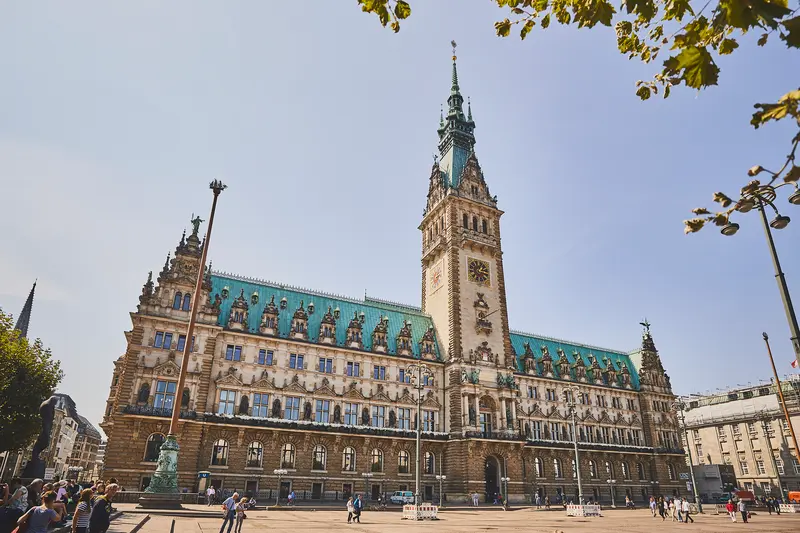
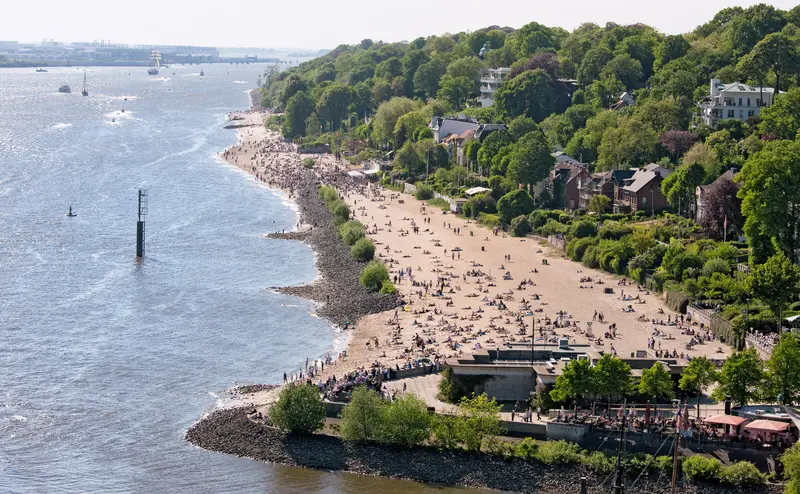
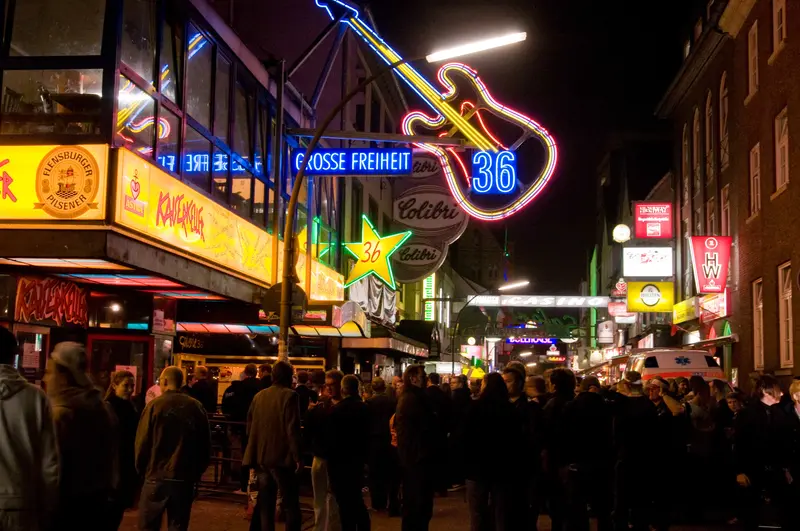
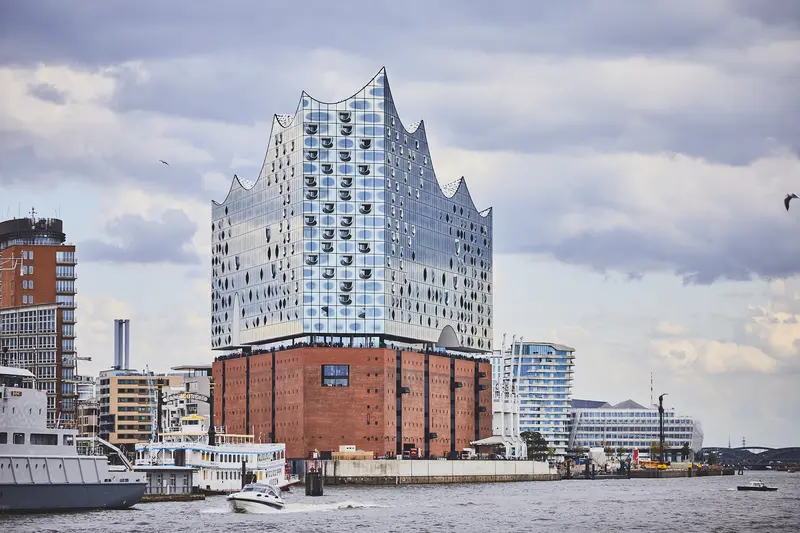
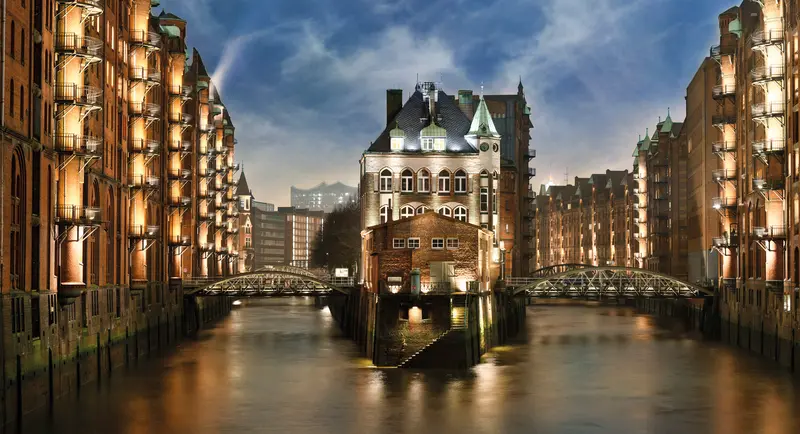
Venue
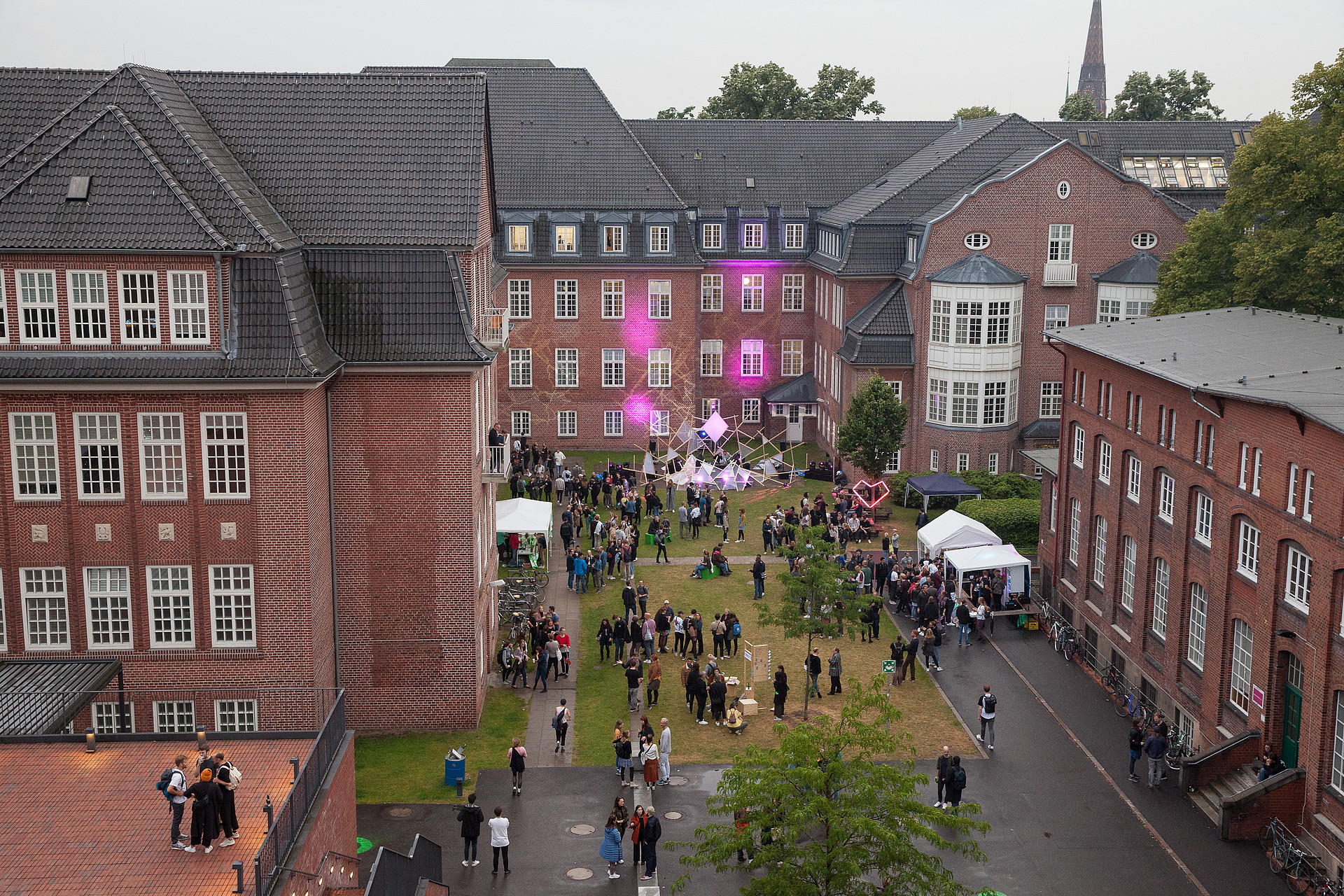


The social event will be held at the Research and Transfer Center Digital Reality in the historical harbour of Hamburg (Speicherstadt). Address: Am Sandtorkai 27 (5th Floor), 20457 Hamburg. Bus station "Am Sandtorkai" is located directly in front of the building.
